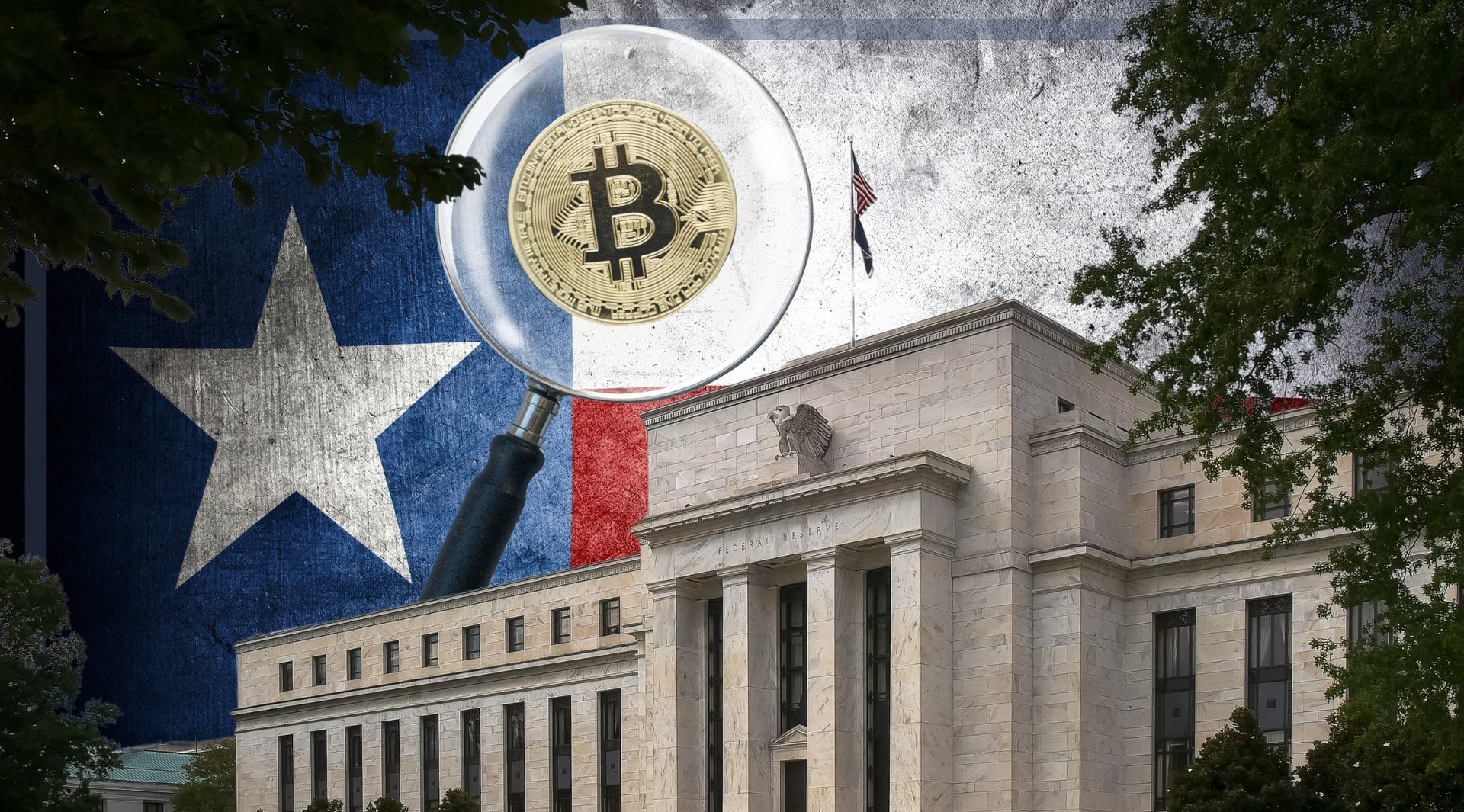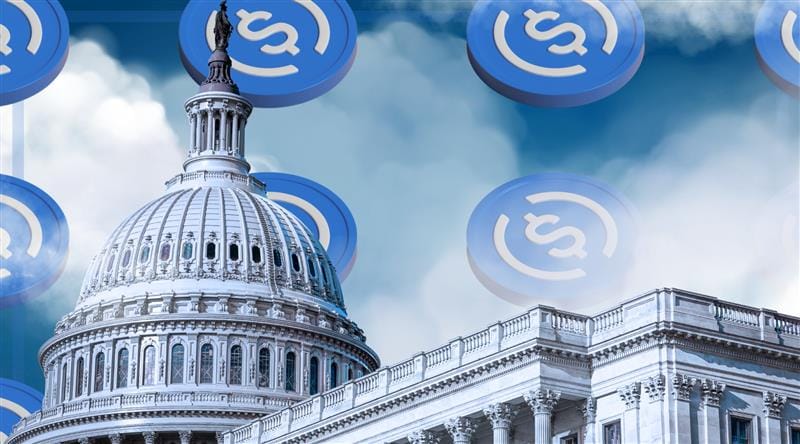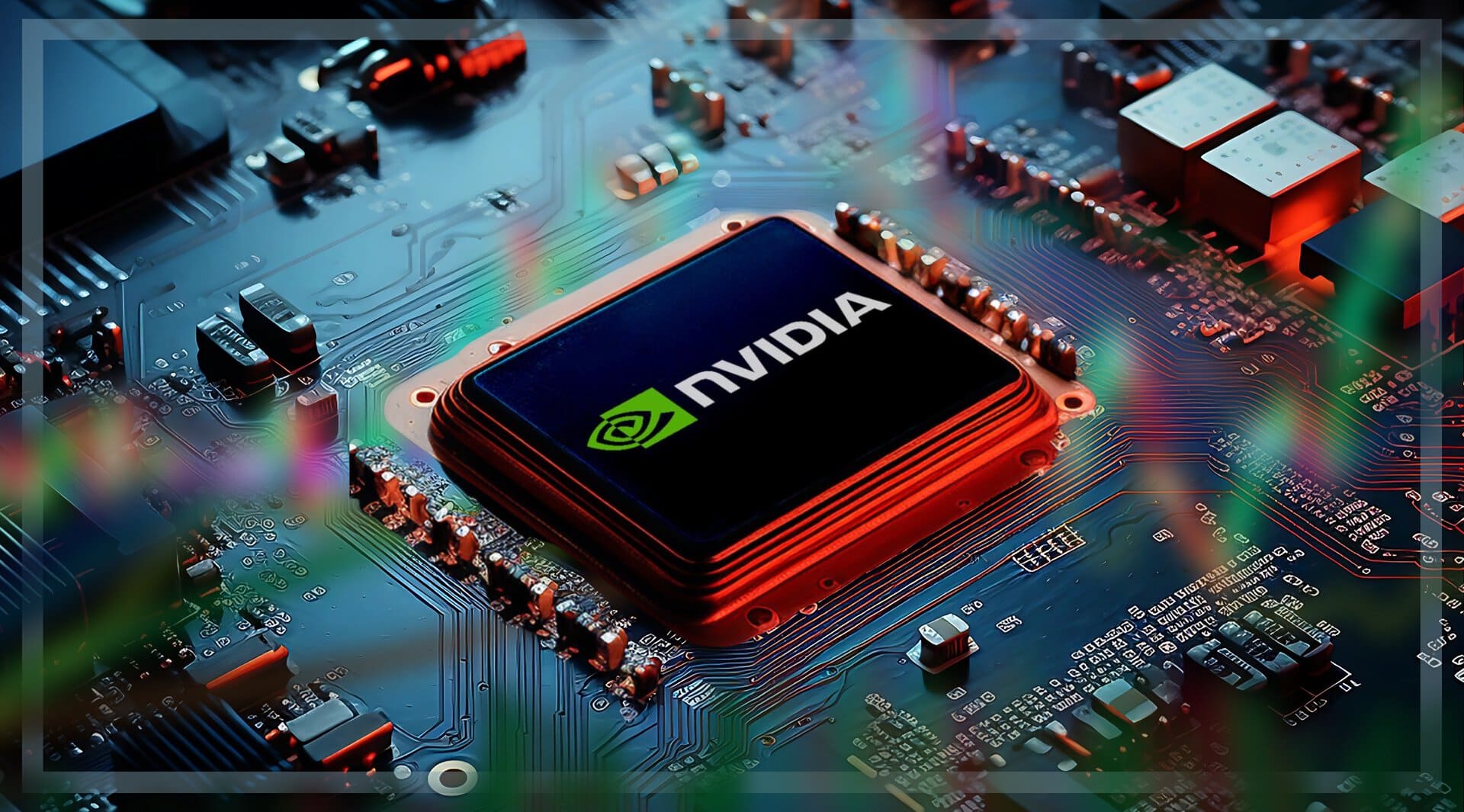Bitcoin in China has had a turbulent time in the past few years, but recent developments mean it is now legal to trade and own the cryptocurrency in the country – a move that could mark the dawn of a new era for Bitcoin within this economic giant.
Bitcoin recently marked two major milestones: on 31 October, the cryptocurrency turned 10 years old; a day earlier, on 30 October, a court in Shanghai – one of the highest in the government of the People’s Republic of China (PRC) – made it legal to trade and own Bitcoin. This second milestone was a turnaround from China’s previous anti-cryptocurrency stance, which saw the country effectively banning the entire trade by shutting down all exchanges in 2017 and putting a blanket ban on all new Initial Coin Offerings (ICOs).
Yet despite these recent developments, there remain many hurdles for Chinese holders of Bitcoin and other cryptocurrencies.
China’s stake
Bitcoin was designed by Satoshi Nakamoto – the name used by the unknown person or people who developed the cryptocurrency – as an ‘electronic cash system that’s fully peer-topeer, with no trusted third party’. But China has 74% control in the collective hash rate of the currency (the total share of all new coins mined), as well as a major share in new coins mined on the Ethereum platform, thanks to the country’s relatively cheap energy.
Although Bitcoin and China hold the same belief that ‘the community of many is better working as one unit’, they operate in vastly different ways. And because of this, they are likely destined to occupy highly conflicting positions.
For example, China is arguably the most centralised government in the world, while Bitcoin is the most decentralised asset in the world. They are systems in opposition to each other. Bitcoin, through its record ledger and coin splits, is able to drive itself forward by crowd, miner and node consensus, while China progresses via strict party agreements and votes. The government possesses the power to halt Bitcoin’s advance in the country, if it so wishes. Bitcoin may have been accepted back into the fold of Chinese society, but how long will this last?
While the previous ban of Bitcoin did not technically make it illegal for citizens to trade in the cryptocurrency, the £40,000 per year limit on currency leaving China forced traders to either trade crypto peer to peer or not at all. In addition, any Yuan leaving China is not welcomed by the Chinese government. Reasons cited include stringent capital controls to prevent money laundering, the acquisition of assets by foreign entities hindering growth of domestic stock, and the mortgage sector. Before the ban, the total traded volume of Bitcoin was said to be 90% Chinese Yuan. After the ban, it dropped to as low as 9%, when all the exchanges were instructed to close and all banks and bank employees were banned from trading it.
Strict regulations
Even in light of the recent relaxation of rules regarding Bitcoin, China maintains some of the strictest regulations on cryptocurrency and has almost total control over the entire network. According to a paper published by researchers from Princeton University and Florida International University, the mining of Bitcoin is actually strongly centralised in one location: China. Six mining pools harvest 80% of Bitcoin, and five of those pools are located in China. These five pools control up to 75% of the mining activity. This means that if they chose to or were forced (as is plausible action from governments that are highly involved in the affairs of citizens), they would be able to launch a ‘51% attack’ on the Bitcoin system.
This is where a majority of ‘voters’ are able to challenge part of the blockchain, which would cause massive disruption and destabilisation to the price of the asset. This would also have a dramatic effect on other cryptocurrencies, as Bitcoin is used as the benchmark that many other coins and tokens follow, generally rising and falling in value along with it.
The possibility of such an occurrence has led the United States to become concerned over the possibility of China having a controlling share in the cryptocurrency. If Bitcoin were ever to be considered as the world’s reserve currency, or the potential world reserve currency, the ball would clearly be in the court of the Chinese government. Competing governments, especially those locked into trade wars, are beginning to take
notice of China’s dominant position in this area, as every weapon in the world of finance could be drawn in the fight.
“OTC trading can feel like doing business in the jungle”
However, even during the Bitcoin ban, many traders in China remained active by going to the over-the-counter (OTC) trading markets, of which there are numerous providers. Multiple sources reported that the daily volumes here were two to three times that of the exchange volume. Once upon a time the premium on Bitcoin in China was up to 30% of the actual listed exchange price. In effect, this meant that someone could make a substantial amount of money by smuggling cash over the border to purchase Bitcoin in the outside global market, such as in nearby Hong Kong, and make massive returns in days. As this became common knowledge, there was a rush of people looking to take part in this lucrative market.
OTC trading can feel a bit like doing business in the jungle. People can trade crypto face-to-face, but this creates space for abuse by trading parties due to zero oversight. People can be robbed very easily, and due to the past illegality of the trade itself, there was also the risk of being apprehended by the authorities.
According to CryptoSlate, many of the OTC providers are actually registered as shell companies that simply bypass countries’ regulation of the crypto market. These firms are happy to do business in any jurisdiction, and while the main volume comes from China, the Chinese market is not the only option. In fact, many of the Chinese exchanges previously relocated out of China to operate as a typical crypto exchange while also setting up
an OTC ‘branch’.
Arbitrage market advantage
Another marked element of the Bitcoin market in general is arbitrage, whereby a trader would look at a number of exchanges simultaneously and seek to profit from short-term price differences in the quotes. One trader, who wished to remain anonymous, carried out one of the biggest private bitcoin operations in Hong Kong to take advantage of the arbitrage market, enabling him and his business partner together to net 6% in one week alone.
This is the mark of a true disruptor, turning his back on selling Hong Kong government bonds to focus on starting up funds in Bitcoin. Although this trader and his partner almost exclusively focus on arbitrage, they occasionally conduct trades of Bitcoin in the OTC market. Taking a 50% fee on all profits from only professional investors, they move £25 million worth of Bitcoin daily.
Providing some insight into the reality on the streets of Hong Kong, he says: “Hong Kong is no problem. But banks may not allow you to open an account if you say that you are going to be using it to trade crypto. They certainly will not if you want to start a crypto exchange.”
“Despite recent developments, there remain many hurdles for Chinese holders of Bitcoin.”
Although the Chinese government may not always take kindly to the currency side of blockchain, the banks of China have begun to utilise the technology itself. For example, they have used it to make residential mortgage securities. The state has provided the framework with the ‘Jucai Chain’, used by one of the largest banks in China, and thus the world. Hackernoon claims that 12 of the publicly listed banks in China have already been using the technology within their everyday business. The China Construction Bank has stated that cross-bank and cross-border loans are running on a blockchain-based system. Their system has processed £195 million in transactions.
China’s blockchain ecosystem is clearly alive and growing rapidly. But the future of cryptocurrencies in the region, and indeed worldwide, is on potentially rocky ground, should China choose to interact with the market in an overly aggressive fashion. But whatever does transpire, there is certainty that Bitcoin can be traded there via either formal or informal channels.















